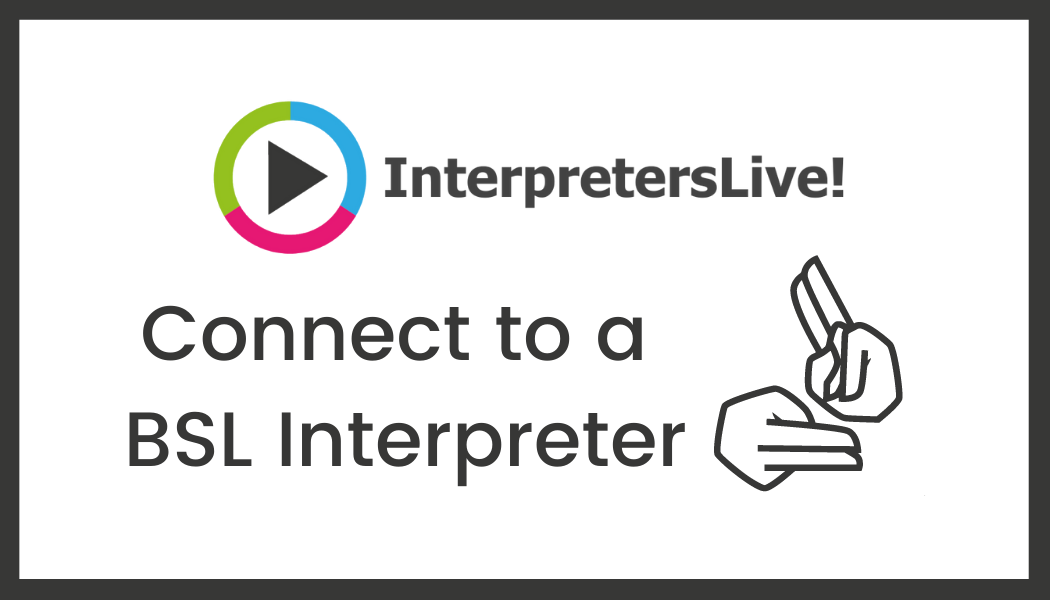
In our previous blog, we explored the issue of discrimination towards social class following comments made by Lord Digby Jones regarding BBC presenter Alex Scott MBE dropping her g’s during coverage for the Olympics.
Since the establishment of the Equality Act in 2010, we’ve seen a laser focus on improving diversity in the professional workforce. While the Act includes official ‘protected characteristics’, a significant element of the diversity equation is missing.
Someone’s social and economic background can significantly impact their entry and progression into the workforce. Despite this, many organisations don’t monitor socio-economic diversity or have a plan on how to improve accessibility and progression.
Embracing social mobility should be a positive move for employers as it opens the door to previously untapped talent. Additionally, diversity of background can bring new ways of thinking and help to foster innovation and change. So, what’s the problem? Unfortunately, it seems to be two-fold:
Because socio-economic status is not a protected characteristic, employers are, therefore, not held to account for bypassing it in D&I efforts.
Employers have vested interests in maintaining the status quo within their organisation due to prejudice or convenience.
Regardless of the reason, ignoring socio-economic diversity demonstrates a lack of commitment to creating a diverse and inclusive workplace. In short, it’s all or nothing.
Getting started
Firstly, addressing social mobility doesn’t mean penalising those who have had advantages; it’s about making the best use of the talents of every person. Here, we look at how employers can take the first steps in improving social mobility in the workplace.
1. Measurement
A crucial step to improving socio-economic diversity is finding out more about the background of your current workforce. Such measurement enables you to identify any gaps in access and barriers to progression that need to be tackled. Making a record of such data will also help your organisation evaluate whether progress is being made over time.
You can do this by conducting employee surveys. A Civil Service report entitled ‘Measuring Socio-economic Background in your Workforce’ suggests asking the following questions to gauge employee backgrounds:
- What type of school did you attend between the ages of 11 and 16?
- What is the highest level of qualifications achieved by either of your parent(s) or guardian(s) by the time you were 18?
- Thinking back to when you were aged about 14, which best describes the sort of work the main/ highest income earner in your household did in their main job?
- If you finished school after 1980, were you eligible for free school meals at any point during your school years?
The answers can help to highlight patterns in hiring and progression. For example, if most of your managers and leadership team are private school alumni, you can start taking the steps to understand why this is the case and work to rectify it to become more inclusive.
2. Attracting diverse talent
“We get the same types of people applying to work for us.” Such an attitude is no excuse to hire the same traits over and over again. If that’s the case, you need to take a closer look at your talent pipelines, methods of attraction and employer branding.
When it comes to making real change, there are two routes that we recommend:
- Developing paid internships and work experience placements. Many placements are unpaid, which limits the type of people who can undertake them. Additionally, they can go completely unadvertised and end up going to friends or relations of existing employees. Advertising internships and placements on your website and social media, as well as providing pay, a stipend, or expenses, ensures money isn’t a barrier and opens up your organisation to a broader pool of talent.
- Take advantage of apprenticeships. Apprenticeships are an excellent route to the workplace for young people, enabling them to earn while they learn. Organisations that invest the time in developing apprenticeships and publicising the benefits of taking this route as an alternative to formal education will go a long way in improving social mobility. Additionally, employers with a pay bill over £3 million a year will pay the apprenticeship levy, enabling them to receive funds to spend on apprenticeship training. Remember, it’s still crucial to monitor the socio-economic background of apprentices, so the same people aren’t awarded opportunities over and over again.
3. Hiring practices
Any selection and interview processes should enable candidates to demonstrate their suitability
for the role, with recruitment decisions free from bias. To ensure a perception and bias-free hiring process, we recommend:
- Being honest. All personnel involved in hiring should have an open conversation about the skills they are looking for in candidates. Are the assessment methods used to identify these skills working? Are they accurately measuring these skills, or is there an element of ‘gut feel’ creeping into the selection process?
- Confronting bias head-on. It can be challenging to accept unconscious bias. However, acknowledging it exists is an important first step that you must take to be a truly inclusive employer. For sports organisations, level= offers help, guidance and training to tackle bias at all stages of the talent acquisition process.
- Employing diverse interview panels. If interviews are conducted on a one-on-one basis, you’re unlikely to get a fully rounded idea of a candidate’s suitability. Having interviewers from a wide range of socio-economic and other backgrounds will help provide a greater perspective and help to reduce possible biases.
Your partner in action
The future of sport is driven by difference. Here at level=, it’s our mission to help every sports organisation, regardless of size or scope, bring diversity and inclusion to their leadership and broader teams.
Whether you are building greater equity within your organisation or looking to take the next step in your career in sport, our team is committed to working with you to offer the skills, services and access to a globally diverse and level field of possibility.
Connect with us on 020 8392 9959 or email hello@levelequals.com.




